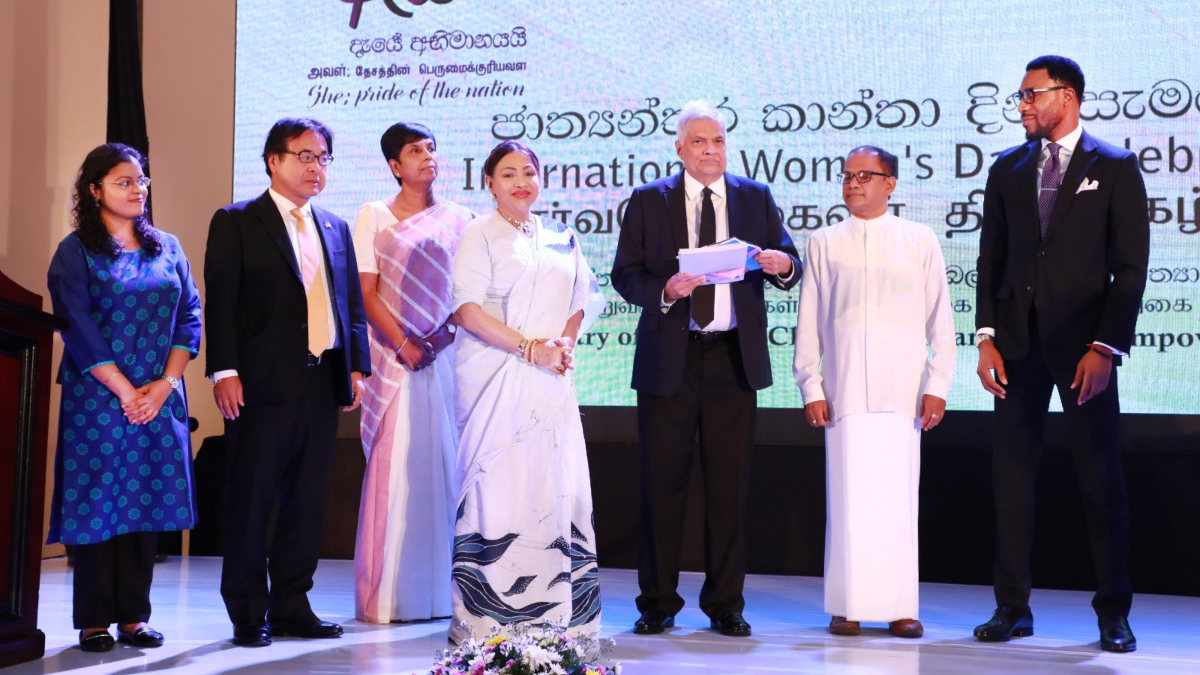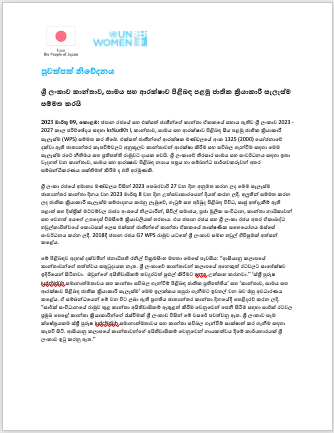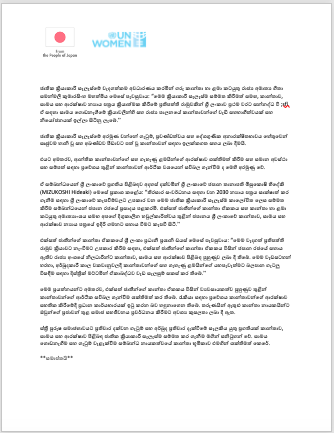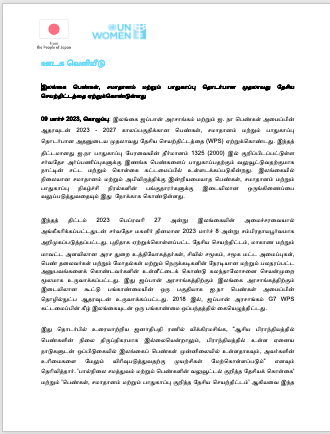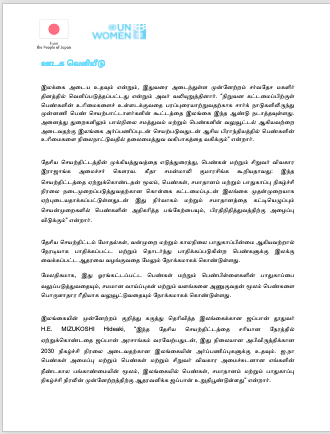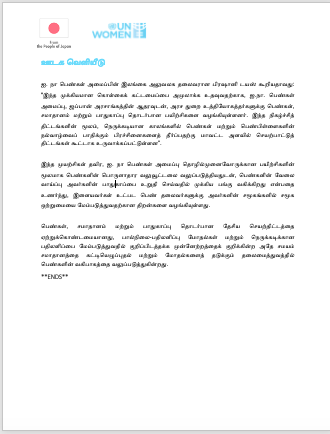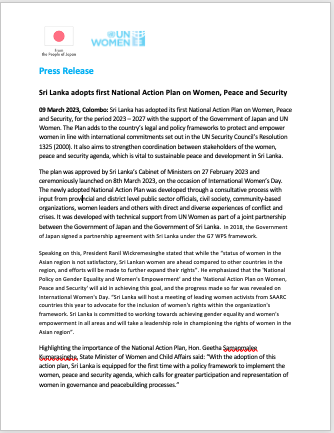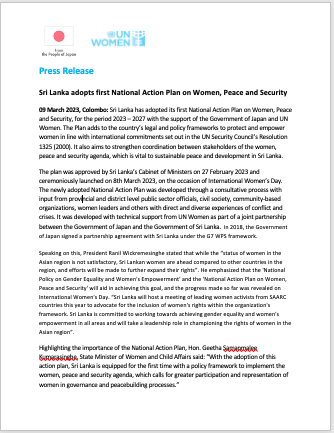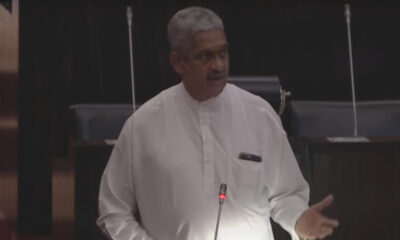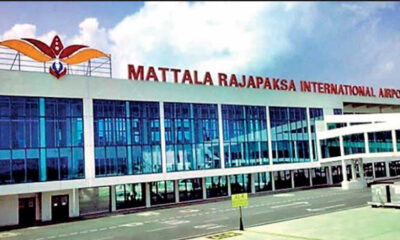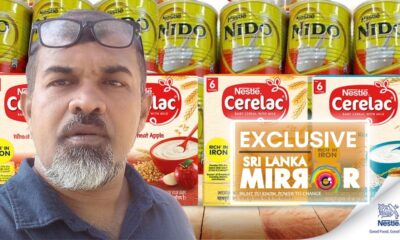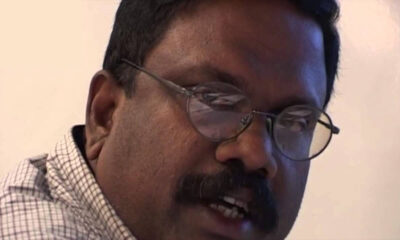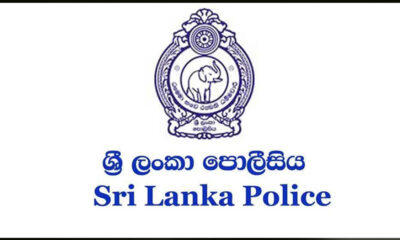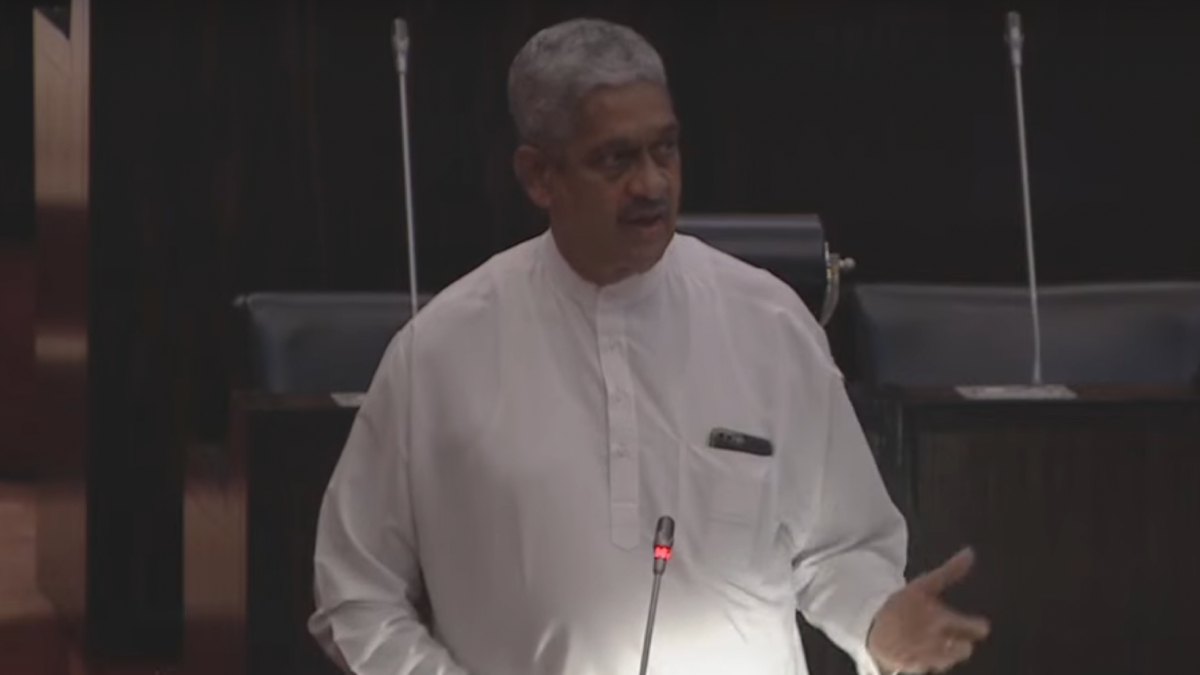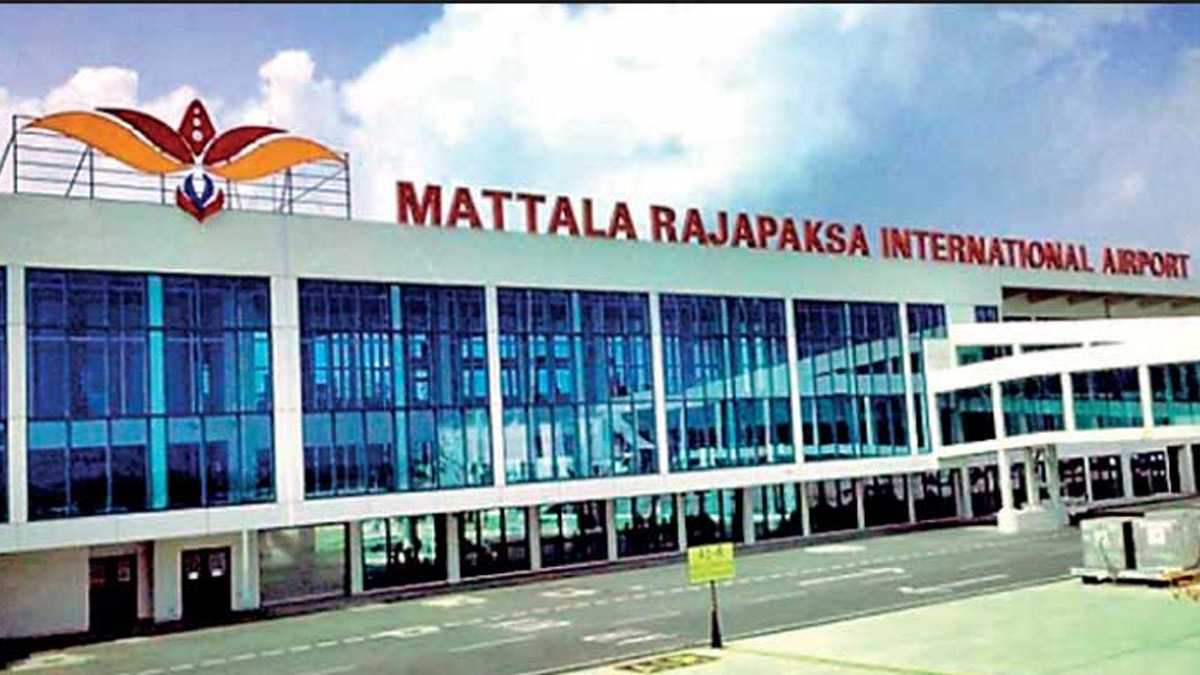The National Consumers Front has said they would be lodging a complaint with the Sri Lanka Standards Institute (SLSI) next week over the quality of ‘Nido’ and ‘Cerelac’ products produced by the world’s largest consumer goods company – Nestlé.
Chairman of the National Consumers Front – Asela Sampath has said that a report has revealed that Nestlé adds sugar and honey to infant milk and cereal products sold in many poorer countries, contrary to international guidelines aimed at preventing obesity and chronic diseases.
Earlier in April, it was reported that campaigners from Public Eye, a Swiss investigative organisation, had sent samples of the Swiss multinational’s baby-food products sold in Asia, Africa and Latin America to a Belgian laboratory for testing.
The results, and examination of product packaging, revealed added sugar in the form of sucrose or honey in samples of Nido, a follow-up milk formula brand intended for use for infants aged one and above, and Cerelac, a cereal aimed at children aged between six months and two years.
In Nestlé’s main European markets, including the UK, there is no added sugar in formulas for young children. While some cereals aimed at older toddlers contain added sugar, there is none in products targeted at babies between six months and one year.
Laurent Gaberell, Public Eye’s agriculture and nutrition expert, said: “Nestlé must put an end to these dangerous double standards and stop adding sugar in all products for children under three years old, in every part of the world.”
WHO guidelines for the European region say no added sugars or sweetening agents should be permitted in any food for children under three. While no guidance has been specifically produced for other regions, researchers say the European document remains equally relevant to other parts of the world.
The UK recommends that children under four avoid food with added sugars because of risks including weight gain and tooth decay. US government guidelines recommend avoiding foods and drinks with added sugars for those younger than two.
In its report, written in collaboration with the International Baby Food Action Network, Public Eye said data from Euromonitor International, a market-research company, revealed global retail sales of above $1bn (£800m) for Cerelac. The highest figures are in low- and middle-income countries, with 40% of sales just in Brazil and India.
Dr Nigel Rollins, a medical officer at the WHO, said the findings represented “a double standard […] that can’t be justified”.
Biscuit-flavoured cereals for babies aged six months and older contained 6g of added sugar for every serving in Senegal and South Africa, researchers found. The same product sold in Switzerland has none.
Tests on Cerelac products sold in India showed, on average, more than 2.7g of added sugar for every serving.
In Brazil, where Cerelac is known as Mucilon, two out of eight products were found to have no added sugar but the other six contained nearly 4g for each serving. In Nigeria, one product tested had up to 6.8g .
Meanwhile, tests on products from the Nido brand, which has worldwide retail sales of more than $1bn, revealed significant variation in sugar levels.
In the Philippines, products aimed at toddlers contain no added sugar. However, in Indonesia, Nido baby-food products, sold as Dancow, all contained about 2g of added sugar per 100g of product in the form of honey, or 0.8g a serving.
In Mexico, two of the three Nido products available for toddlers contained no added sugar, but the third contained 1.7g per serving. Nido Kinder 1+ products sold in South-Africa, Nigeria and Senegal all contained nearly 1g per serving, the report said.
A Nestlé spokesperson said: “We believe in the nutritional quality of our products for early childhood and prioritise using high-quality ingredients adapted to the growth and development of children.”
She said that within the “highly regulated” category of baby food, Nestlé always complied “with local regulations or international standards, including labelling requirements and thresholds on carbohydrate content that encompasses sugars” and declared total sugars in its products, including those coming from honey.
Variations in recipes depended on factors including regulation and availability of local ingredients, she said.
The company has reduced the total amount of added sugars in its infant cereals portfolio by 11% worldwide over the past decade, she said, and continued to reformulate products to reduce them further.
Sucrose and glucose syrup were being phased out of “growing-up milks” aimed at toddlers worldwide, she added.
(Excerpts : theguardian.com)
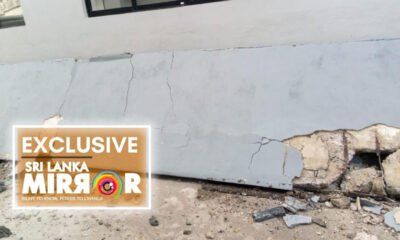
 News1 day ago
News1 day ago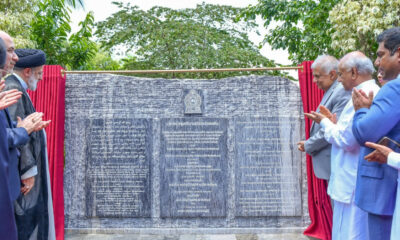
 News2 days ago
News2 days ago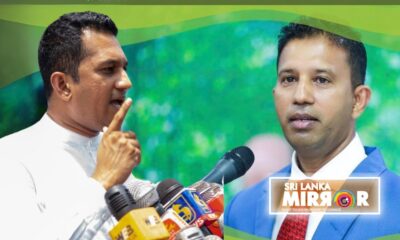
 BIZ1 day ago
BIZ1 day ago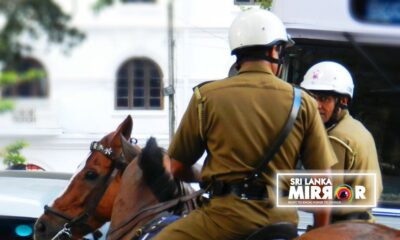
 News2 days ago
News2 days ago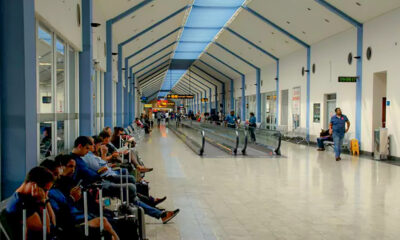
 News3 days ago
News3 days ago
 News4 days ago
News4 days ago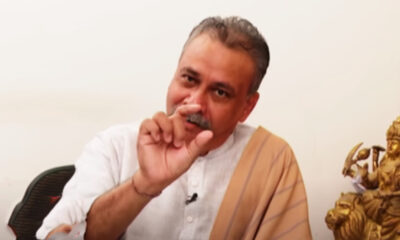
 News4 days ago
News4 days ago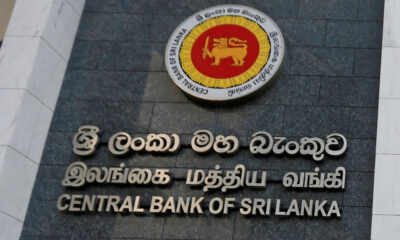
 BIZ4 days ago
BIZ4 days ago

